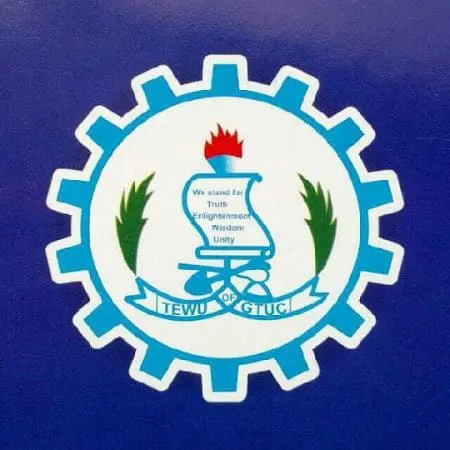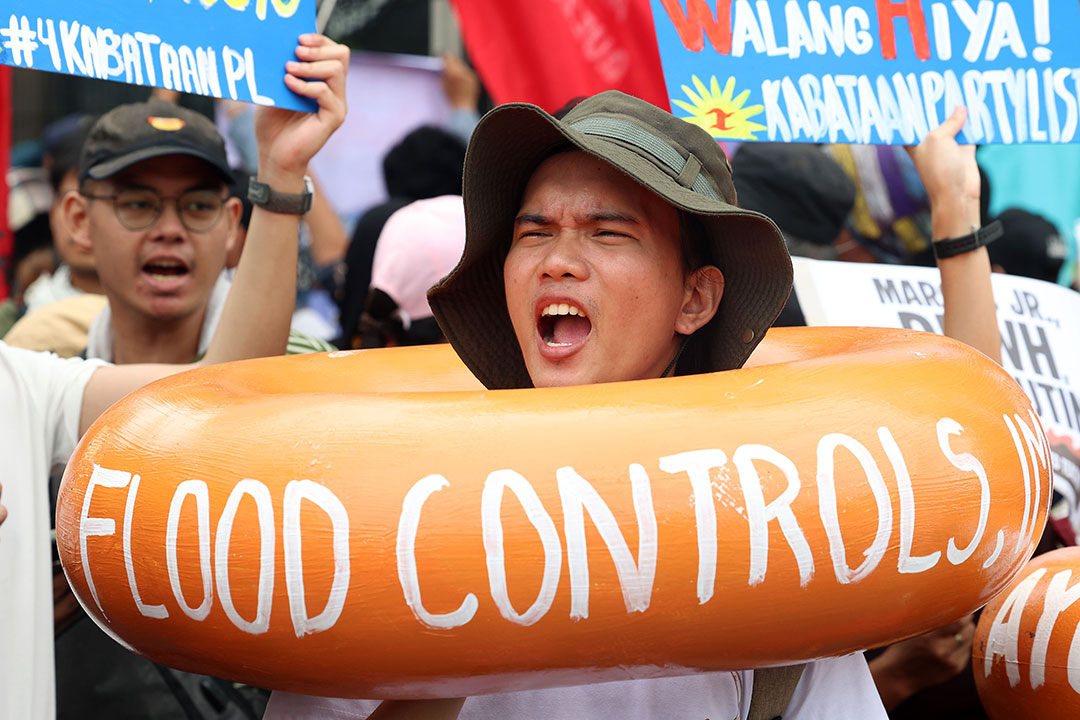By General Secretary King,Ghana News
Copyright ghananewss

The Teachers and Educational Workers’ Union (TEWU) of the Trades Union Congress (TUC) Ghana launched an indefinite nationwide strike on Friday, September 19, 2025, paralyzing non-teaching services across the country’s educational sector over government’s persistent failure to address longstanding grievances.
The industrial action affects non-teaching staff of the Ghana Education Service (GES), junior staff at public and technical universities, and employees of the Ghana Library Authority (GLA) and Ghana Museums and Monuments Board (GMMB). The union’s membership includes thousands of workers whose services support daily operations in Ghana’s educational institutions.
At simultaneous press conferences held across all regions, union officials wearing red attire to symbolize their grievances announced the strike action. In the Volta Region, members gathered at the TUC Conference Hall in Ho, where Regional Industrial Relations Officer Ruth Baidoo read a statement signed by General Secretary King James Azortibah.
TEWU cited government’s inability to resolve critical issues despite “several rounds of engagement and adherence to legal and procedural requirements.” The union specifically blamed the Fair Wages and Salaries Commission (FWSC) for creating the stalemate through continued delays in finalizing conditions of service.
“The government particularly, the Fair Wages and Salaries Commission, must conclude and sign all conditions of service without further delays or excuses,” Baidoo emphasized during the Volta Region announcement.
Key grievances include non-payment of Continuous Professional Development Allowance (CPDA) to eligible members, outstanding weekend and overtime allowances for security and catering personnel, and unresolved promotion issues within GES and public universities. The union highlighted cases of staff who successfully passed promotional interviews but remain on previous salary scales, while others have received no communication after completing their promotional processes.
Baidoo explained that discrimination against union members had reached “an epoch height,” particularly citing the University of Health and Allied Sciences where members’ grievances remain unaddressed. She noted that while teachers enjoy CPDA payments, non-teaching staff with equivalent qualifications have been denied similar benefits.
The strike threatens significant disruption to educational services as schools recently began the new academic term. However, union officials emphasized that their action targets government inaction rather than students or parents. “The action of the group was not intended to punish Ghanaian students or parents but was fed up with the unjust and unfair system,” the union statement clarified.
TEWU members across all regions are participating in the industrial action, with Upper West Regional Secretary Solomon Berko confirming full participation despite short notice to media outlets. Similar press conferences were simultaneously held nationwide to announce the coordinated strike action.
The union warned employers against intimidating or preventing staff from participating in the strike, describing such actions as unfair labor practices under Ghana’s Labour Act. This warning suggests potential tensions between institutional management and striking workers.
Educational institutions nationwide face operational challenges as non-teaching staff provide essential services including administrative support, maintenance, security, and catering services. The strike’s indefinite nature threatens to compound disruptions if negotiations remain stalled.
The timing coincides with the beginning of the academic year, potentially affecting student registration, facility maintenance, and other support services crucial for smooth institutional operations. Universities and schools must now rely on reduced staffing or alternative arrangements to maintain basic services.
TEWU’s demands extend beyond immediate salary concerns to encompass broader workplace dignity and rights issues. The union argues that despite providing indispensable services to Ghana’s educational system, members have been systematically sidelined in welfare benefits and conditions of service.
Government response to the strike has not been immediately forthcoming, though the union’s emphasis on failed negotiations suggests previous engagement attempts have proven unsuccessful. The FWSC’s role in resolving the crisis remains central to any potential resolution.
The strike represents the latest in a series of labor disputes affecting Ghana’s public sector, highlighting broader challenges in addressing workers’ welfare concerns amid economic pressures. The educational sector’s critical nature makes this particular strike especially significant for national development priorities.
TEWU officials indicated readiness to call off the strike once government addresses their concerns, suggesting that resolution remains possible through renewed negotiations. However, the indefinite nature of the action demonstrates the union’s determination to achieve concrete results rather than mere promises.



